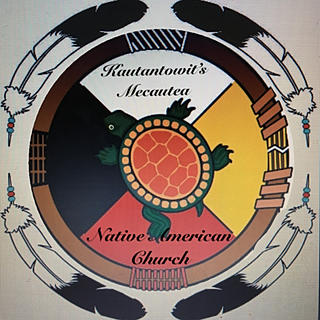A look at Enki
- kautantowitmecautea
- Dec 31, 2020
- 2 min read
KM-HQ: 12/18/2020
Enki, (also known as Ea, Enkig, Nudimmud, Ninsiku) was the Sumerian god of wisdom, fresh water, intelligence, trickery and mischief, crafts, magic, exorcism, healing, creation, virility, fertility, and art. Enki is patron of the city of Eridu, considered by the Mesopotamians the first city established at the beginning of the world.

The god Enki first appears in the Early Dynastic Period IIIa (c. 2600-2350 BCE) and was established as an important god of the Akkadians by c. 2400 BCE who knew him as Ea. Excavations at Eridu, however, have uncovered evidence of a tradition of shrines to Enki dating back to the founding of the city c. 5400 BCE.
Enki was the son of Anu, the sky god, in Sumerian and Akkadian mythology and the son of Apsu, the primordial father, in Babylonian texts. He is also referred to as the son of the goddess Nammu, a primordial mother goddess who gave birth to the earth and heavens. Enki's wife was Ninhursag (also known, among many other names as Ninmah and, originally, as Damgalnuna, the Assyrian Damkina) and their sons were Asarluhi (god of magical knowledge), Enbilulu (god of canals and dikes), the human sage Adapa, and the king of the gods, Marduk (who would later absorb the qualities of Asarluhi).
They also had eight children born of Ninhursag's efforts to heal Enki in the myth Enki and Ninhursag: Abu (god of plants and growth); Nintulla (Lord of Dilmun and precious metal); Ninsitu (goddess of healing, wife of healing-god Ninazu); Ninkasi (goddess of beer); Nanshe (also Nanse, social justice, fertility, divination, and the interpretation of dreams); Azimua (goddess of healing, wife of underworld deity Ningishida); Emshag (Lord of Dilmun, god of fertility) and Ninti (goddess of the rib, giver of life). Enki is also often depicted as the father of one of the most popular and enduring deities, Inanna, goddess of war, sexuality, passion, fertility, love, and prostitutes. He had a twin brother, Adad (also known as Ishkur), god of weather and storms.
Iconography depicts him as a bearded man wearing a horned cap and long robes as he ascends the Mountain of the Sunrise; flowing streams of water run from his shoulders, emphasizing his association with life-giving water, while trees representing the male and female principle stand in the background. The streams are interpreted as the Tigris and Euphrates Rivers which, according to one myth, were formed from Enki's semen. His name means "Lord of the Earth" and his symbols are the fish and the goat, both representations of fertility.


Comments